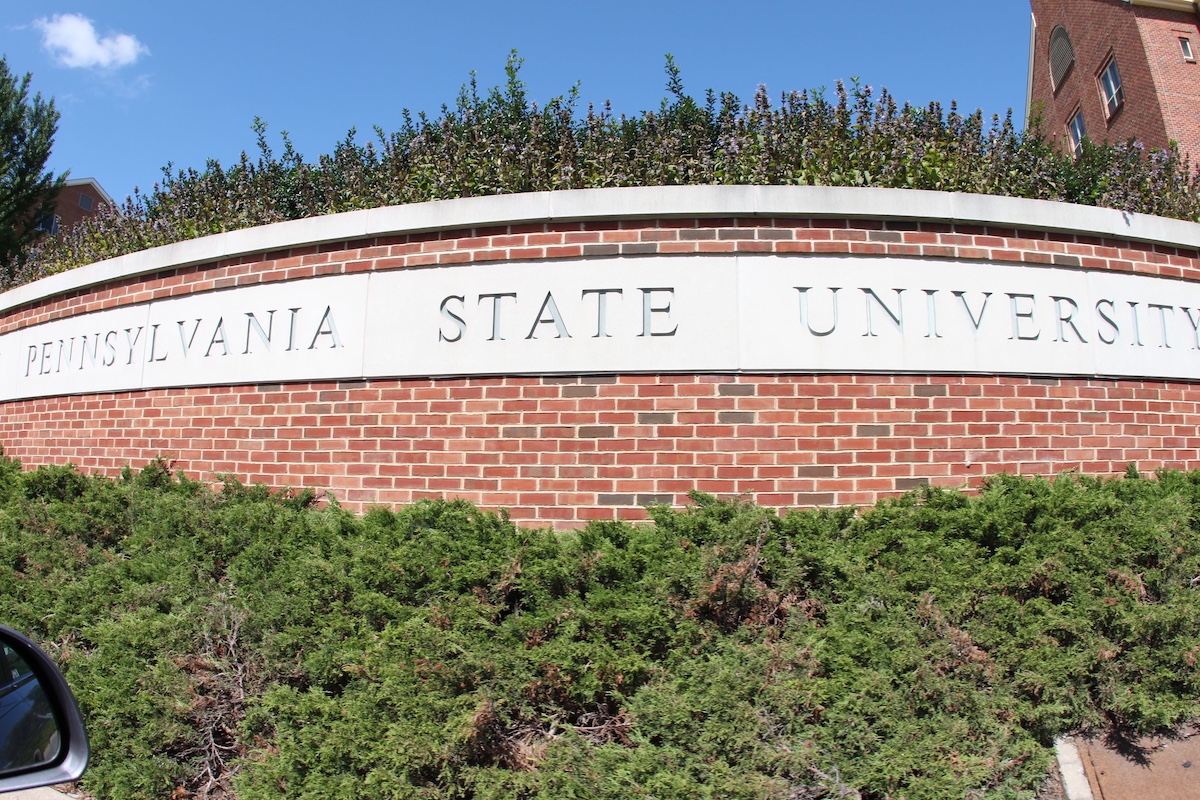If the federal government shuts down this weekend, a lot of things will be halted until a budget gets passed. But for those hoping a shutdown would put the brakes on student loan repayments, unfortunately, the Oct. 1 restart date still stands, and the impact is likely to have ripple effects on the economy for years to come, both nationwide and across the commonwealth.
Pennsylvania, which has more than 1.85 million federal student loan borrowers, with a total of more than $66.5 billion owed, according to U.S. Department of Education data, could see employment rates and its Gross Domestic Product (GDP) fall as a result of resuming student loan repayment.
A June report from the Independent Fiscal Office, which provides economic and fiscal analysis to the General Assembly, found that the end of the student loan repayment moratorium could have the following economic impacts on Pennsylvania based on its models:
- Employment falls by 35,100 (this figure includes full- and part-time workers and self-employed)
- Labor income falls by $2 billion (labor income includes employee compensation and self-employment income)
- Value Added or nominal Gross Domestic Product (GDP) falls by $3.4 billion
These Pennsylvania-specific figures, the report noted, “reflect outcomes after the policy change has fully manifested itself in the state economy, and that will likely require more than a single year to occur.” In other words, the most serious economic impacts of resuming student loan payments will be felt over the long term, rather than immediately upon restarting payments.
The average student loan debt balance for Pennsylvania borrowers is $35,400, according to the report, a figure which is in line with neighboring states New Jersey ($35,400) and Ohio ($34,700).
Beyond the potential hit to the state economy, the restart of payments that have been on hold since March 2020 will have an impact on borrowers’ spending ability, adding a new expense to household budgets — many of which are already stretched thin by the effects of inflation.
And it’s a concern that overlaps many demographics, not just recent graduates.
U.S. Rep. Summer Lee (D-12th District) has been vocal about her experience with student loan debt, which she incurred studying at Penn State University and Howard School of Law. Lee has said that her education has resulted in more than $200,000 in student loan debt.
“As a Black woman, first-generation college student, and Pell Grant recipient that is still in a mountain of student debt myself, I’m right there with you — angry and exhausted by a system that’s failing us miserably,” Lee said during a Congressional Progressive Caucus meeting earlier this year.
Lee has said previously that she worries about the effect student loan debt has had on her constituents, affecting their ability to buy homes, build generational wealth and save for retirement.
“It’s an economic crisis for all poor and working-class folks,” Lee said, “and Black and Brown folks are getting hit the hardest.”
Data from the Education Data Initiative, which collects data on the U.S. education system, found that Black college graduates owe an average of $25,000 more in student loan debt than white college graduates. Additionally, Black ($250 per month) and Asian ($240) student borrowers owe the highest monthly payments.
As payments resume, the Biden administration has reported that more than 4 million federal student loan borrowers are enrolled in the administration’s new SAVE repayment program, including 170,200 borrowers in Pennsylvania.
While the pause on federal student loans is set to end in October, borrowers will still have a year of leniency to begin repayments, but interest will accrue starting Oct. 1. Borrowers who want to apply for the SAVE program can do so online.
Pennsylvania Capital-Star is part of States Newsroom, a network of news bureaus supported by grants and a coalition of donors as a 501c(3) public charity. Pennsylvania Capital-Star maintains editorial independence. Contact Editor Kim Lyons for questions: info@penncapital-star.com. Follow Pennsylvania Capital-Star on Facebook and Twitter.







